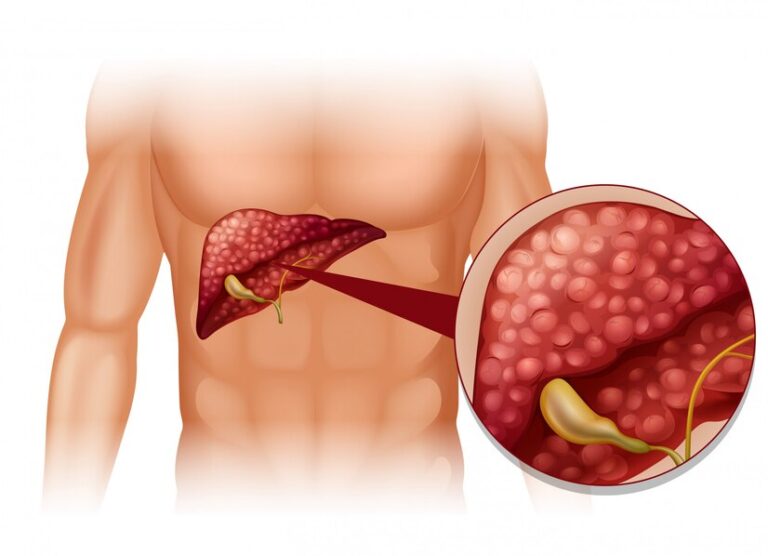Liver Resection
Liver resection involves surgically removing a portion of the liver, typically to eliminate various types of liver tumors located within that section.
The primary goal is complete tumor removal along with the appropriate surrounding liver tissue, ensuring no residual tumor remains.

Symptoms
Liver resection is typically performed to treat liver tumors. In the early stages of primary liver cancers, individuals may not exhibit symptoms. However, as the disease progresses, symptoms may include weight loss, loss of appetite, upper abdominal pain, nausea and vomiting, abdominal swelling, jaundice (yellowing of the skin and eyes), general weakness and fatigue, and pale or chalky stools.
When to access Medical Care
For individuals with liver cancer, specifically Hepatocellular Carcinoma (HCC), liver resection is typically considered appropriate only for patients with one or two small tumors (5 cm or less) localized within the liver and not involving blood vessel invasion.
Determinants of risk
Factors that increase the risk of liver cancer include:
Chronic infection with HBV or HCV: Persistent infection with hepatitis B virus (HBV) or hepatitis C virus (HCV) elevates the risk of liver cancer.
Cirrhosis: This irreversible condition leads to the formation of scar tissue on the liver, significantly increasing the likelihood of developing liver cancer.
Certain inherited liver diseases: Liver conditions such as hemochromatosis and Wilson’s disease can heighten the risk of liver cancer.
Diabetes: Individuals with diabetes have a higher risk of liver cancer compared to those without the condition.
Nonalcoholic fatty liver disease (NAFLD): Accumulation of fat in the liver raises the risk of liver cancer.
Exposure to aflatoxins: Aflatoxins, toxins produced by molds that grow on improperly stored crops like grains and nuts, can contaminate foods and increase the risk of liver cancer.
Excessive alcohol consumption: Consuming alcohol in amounts exceeding moderation over prolonged periods can cause irreversible liver damage and escalate the risk of liver cancer.
Recovery process
Recovery duration varies, contingent on factors like patient characteristics, chosen procedure, and the extent of severity.
Why entrust your care to us?
At Steps 2 Cure, our foundation of trust is built upon several key pillars that ensure your confidence in our services and expertise. Our team comprises highly qualified professionals with extensive experience in their respective fields. Their knowledge and skills enable us to offer you the best possible care and solutions for your medical needs. We understand that each individual is unique, and so are their healthcare requirements.
That’s why we prioritize tailoring our treatments and approaches to your specific circumstances, ensuring that you receive care that is truly designed for you. You are at the heart of everything we do. Your comfort, concerns, and aspirations guide our efforts. Our compassionate approach ensures that you feel valued and supported throughout your healthcare experience.
To commence the treatment procedure, you can start by forwarding your questions via WhatsApp at (+91 9999652964) or by sending an email to care@steps2cure.com. Our team will ensure a swift response to your queries.
Abdominoplasty
Still have a Query?
Your health and peace of mind matter to us, and we’re dedicated to addressing any inquiries you may have with care and expertise. Feel free to reach out.
